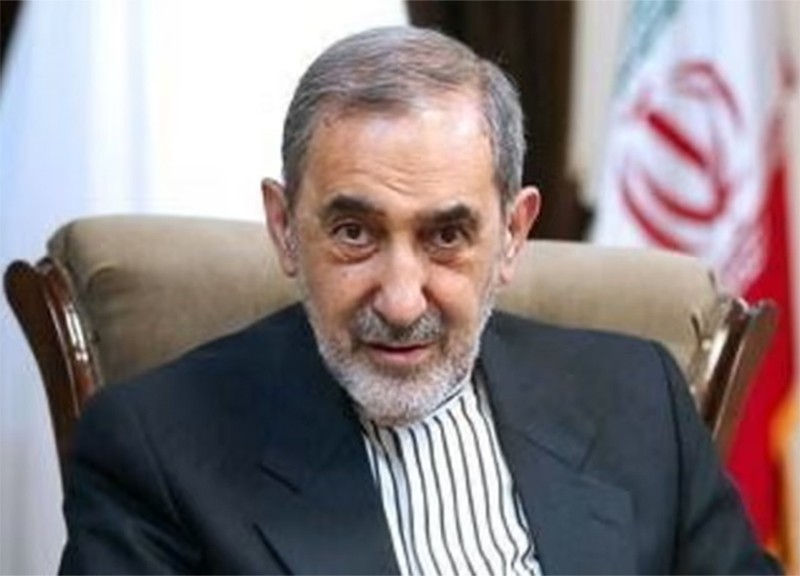
Tehran signals push for 'new balance in relations' in attempt to avert war
NAJMEH BOZORGMEHR AND BITA GHAFFARI TEHRAN - FT.
Iran's supreme leader Ayatollah Ali Khamenei is "open" to co-operation with western states, despite accusing the US of "unconditional" support for Israel, according to a senior adviser in Tehran.
Ali Akbar Velayati, a former foreign minister with close links to Khamenei, told the Financial Times that the Islamic republic was reassessing its foreign policy to enable better relations with countries, including European nations.
"The Islamic Republic is open to co-operation with any western state that seeks genuine interaction with Iran, provided it respects Iran's sovereignty and treats us as an equal," Velayati said a day after Israeli warplanes struck multiple military targets across three provinces in Iran.
"We are actively redefining a new balance in relations with western, eastern and developing countries. We welcome friendship with any country, from Europe to Asia or Africa."
Analysts in Tehran expect the Islamic republic to refrain from an immediate military response to the Israeli strikes, signalling its caution towards igniting a regional conflict.
Since the reformist President Masoud Pezeshkian won elections in July, Iran has expressed interest in recalibrating its foreign policy. However, soaring tensions with Israel since Hamas's October 7 attack last year have complicated the already limited prospects of improving relations with the west.
Only hours after Pezeshkian's inauguration, Ismail Haniyeh, the political chief of Hamas, was assassinated in Tehran, allegedly by Israel. Iran chose not to respond.
When Israel assassinated Hassan Nasrallah, Hizbollah's leader and Iran's primary regional ally, along with a senior Revolutionary Guards commander in Beirut last month, Iran retaliated with a barrage of 180 ballistic missiles.
Israel launched a retaliatory air assault on Saturday, marking the biggest state military attack against Iran since the Iran-Iraq war in the 1980s.
Iran confirmed that four soldiers had been killed, but withheld details on the damage. It said the country reserved the right to respond and would do so at an appropriate time. Khamenei signalled a measured response on Sunday.
Yesterday, Iran's foreign ministry said Tehran would continue its diplomatic efforts to prevent a wider war in the region, while reserving the right to respond to the Israeli attack.
"Contacts are constantly being made through diplomatic channels. We still believe in using diplomacy as an approach towards regional de-escalation," it said.
Western diplomats in Tehran confirmed a change in tone in discussions with Iranian officials, though they noted that substantive policy shifts had yet to materialise.
On relations with the US, Velayati said "we... do not have a good history of negotiations with the US", adding: "We do not believe in US goodwill. The US's direct, unconditional support for Israel and its simultaneous calls for de-escalation through intermediaries are simply two sides of the same coin."














